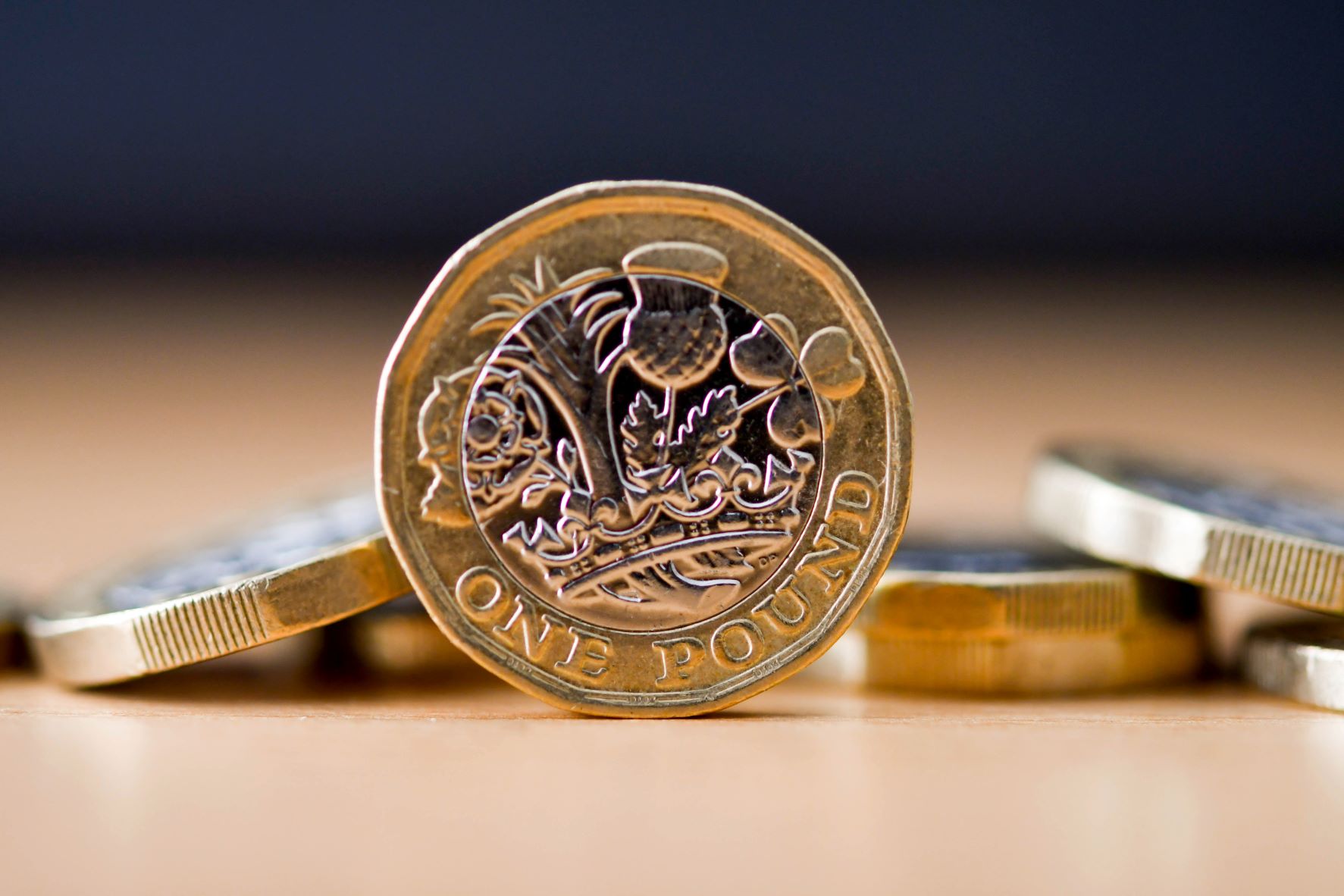
Date posted: 22nd Jan 2024
The deadline for filing your 2022/23 tax return is fast approaching (31 January 2024), as is the due date for any balance of tax due for 2022/23 and the first payment on account for 2023/24.
Now is the time to think about whether you can reduce your payments on account.
Are you required to pay payments on account?
If you pay tax under self-assessment you may need to make payments on account. These are advance payments towards your tax and/or Class 4 National Insurance bill.
You will need to make payments on account if your last self-assessment bill was at least £1,000 unless you paid at least 80% of what you owe under deduction at source, for example, under PAYE.
Payments on account are based on previous year’s liability…
When making payments on account, the assumption is that the current year’s liability will be the same as the previous year’s liability. Thus each payment on account is 50% of the previous year’s tax and Class 4 National Insurance liability. Class 2 National Insurance contributions are not taken into account in working out payments on account.
When are they due?
Payments on account are due on 31 January in the tax year and 31 July after the end of the tax year. Consequently, payments on account for 2023/24 are due on 31 January 2024 and 31 July 2024.
Falling profits? Reduced income?
Payments on account for 2023/24 are based on taxable income for 2022/23. Thus, where such income is going to be reduced, (perhaps it has been adversely affected by the cost of living crisis), the payments on account can also be reduced.
How to reduce your payments on account
There are various ways in which you can tell HMRC that you want to reduce your payment on account.
This can be done by signing into your online personal tax account via the Government Gateway and using the ‘reduce payments on account’ option or by completing form SA303 and sending it to HMRC. You can also tell HMRC that you want to reduce your payments on account in the other information box on the self-assessment tax return. You will need to specify what you want to pay and the reason for the reduction.
Beware paying too little
Where cashflow is tight, it may be tempting to reduce payments on account to reduce your outgoings in January and July.
However, if you reduce your payments below the actual amount that is due (i.e. 50% of the liability for that year), you will be charged interest on the shortfall between what you should have paid and what you have paid. Current HMRC late payment interest rates are almost 8%, so try not to over-reduce the amounts.
Remember, if you are struggling to pay tax due on 31 January 2024, you can set up a ‘Time to Pay’ agreement to pay your tax in instalments. As long as you do not owe more than £30,000, this can be done online.
Perhaps a solution is to either pay the January payment on account in full or organise an instalment plan with HMRC and then complete your 2023/24 tax return ahead of 31 July 2024, so that you know the liability that is actually due and can factor this into your cashflow projections.
If you have any queries, please contact us.


